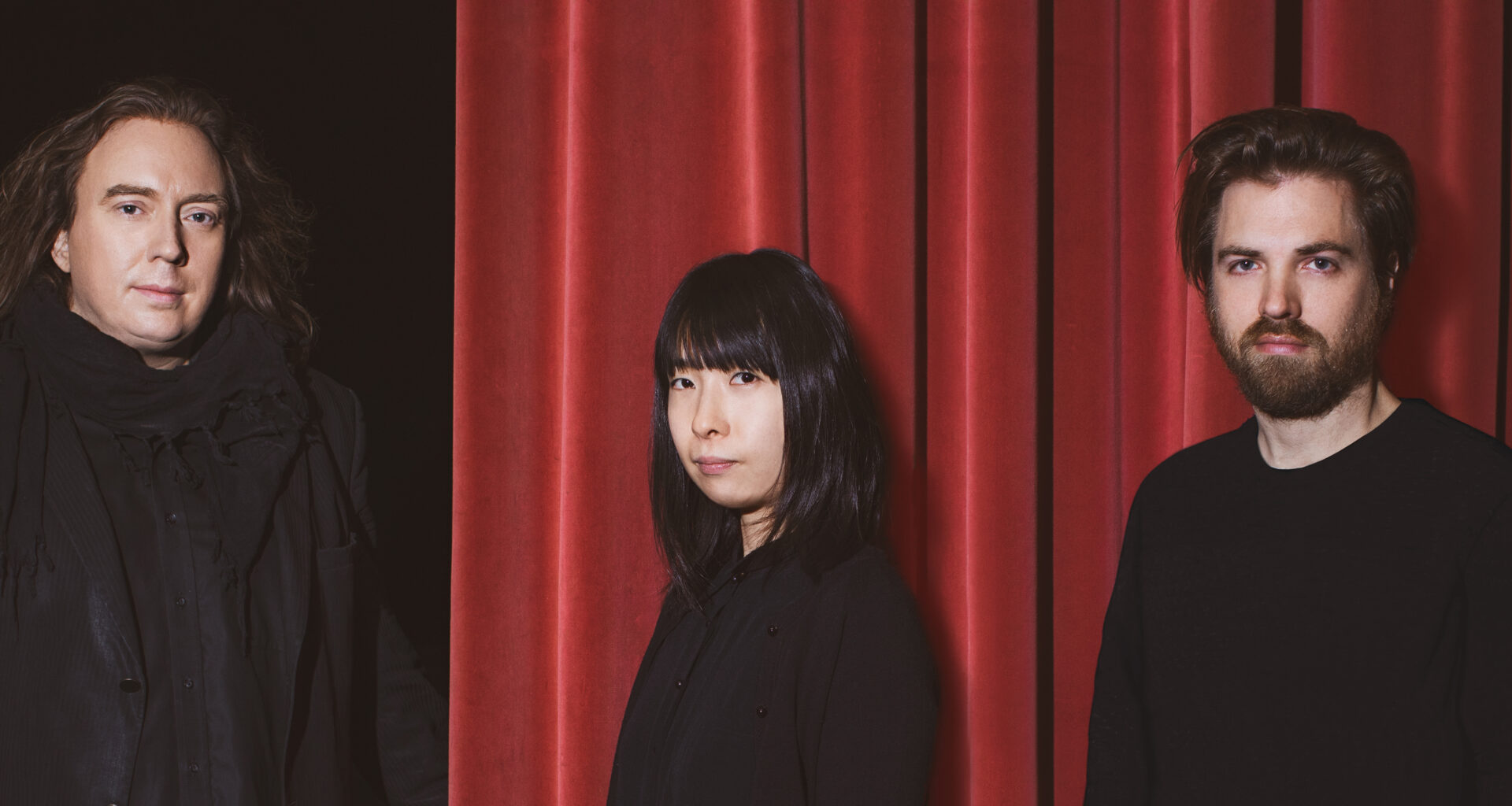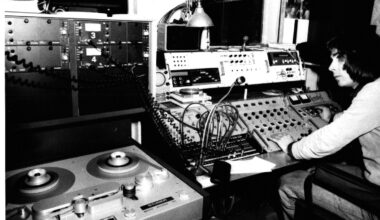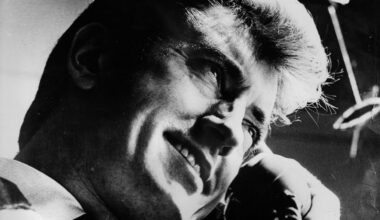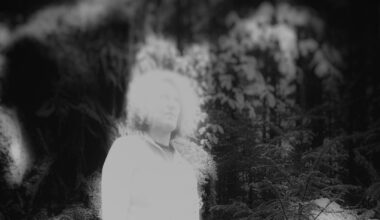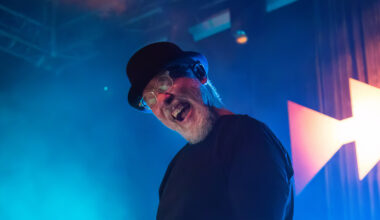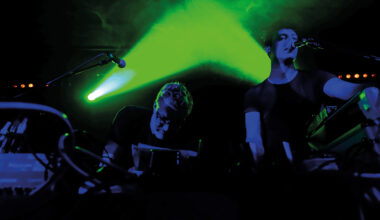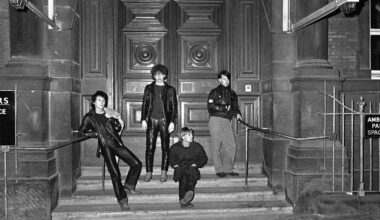When Edgar Froese changed cosmic address in 2015, you’d be forgiven for thinking that Tangerine Dream would follow suit. But working from his extensive archive of recordings, a new school of composers is keeping his flame very much alive
Want to read more?
Sign up to Electronic Sound Premium to gain access to every post, video, special offers, and more. 100%, all you can eat, no commitment, cancel any time.
Already a premium member? Log in here
